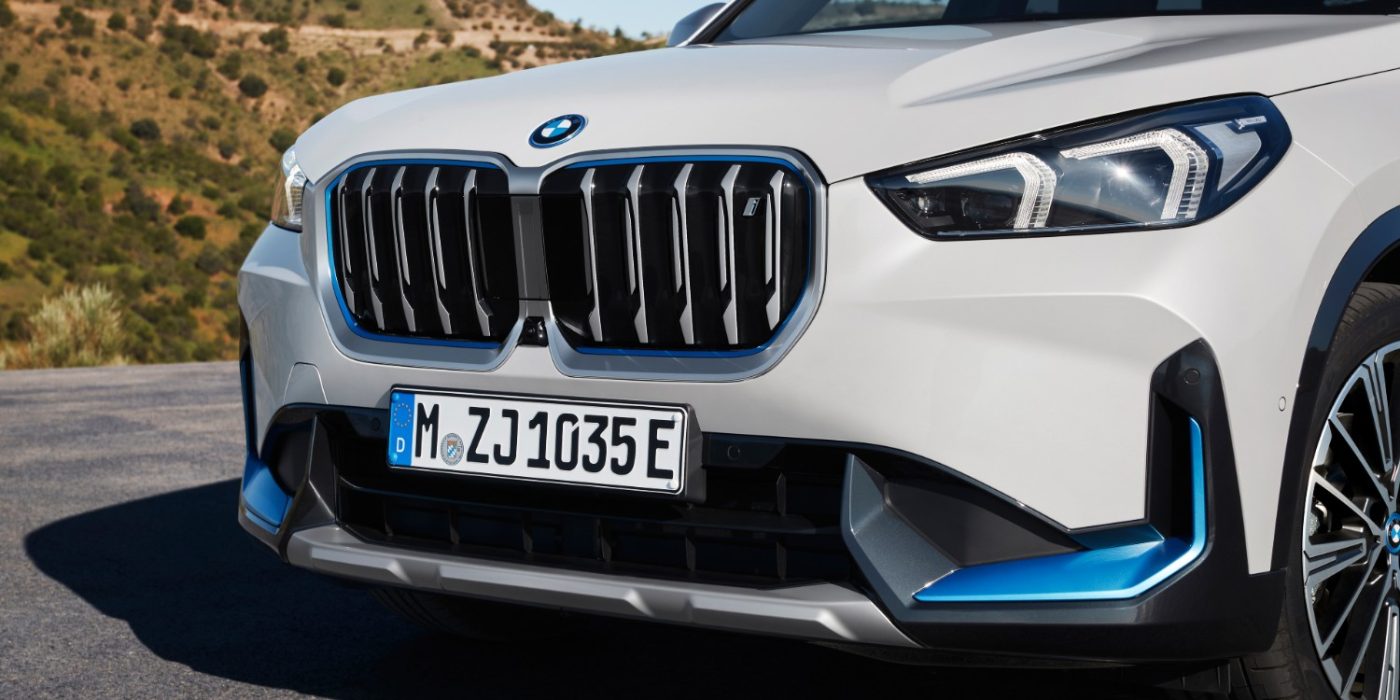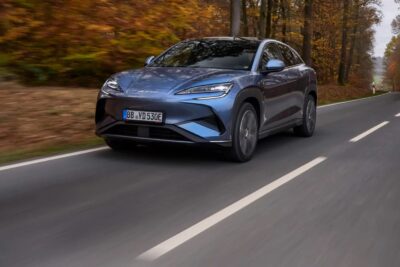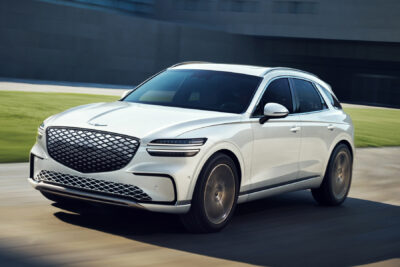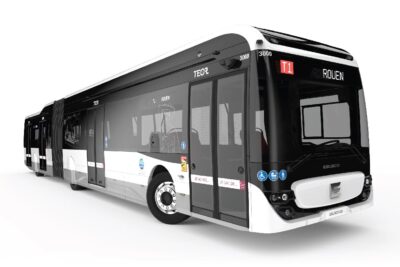BMW plans electric sedan and SUV for the ‘Neue Klasse’
BMW CEO Oliver Zipse revealed some new details about the new electric car generation based on the New Class planned from 2025 during the conference call on the group’s half-year report. Zipse also commented on future drive plans.
It was already known that BMW was planning a model in the 3 Series segment based on the New Class – this is what Zipse had said in May when announcing the business figures for the first quarter. This was interpreted by many as confirmation of an electric sedan, but due to the open wording it could also have been an electric SUV in 3-Series size – as a replacement or supplement for the iX3, which as is well known is still based on the combustion engine platform.
Now it is clear: BMW is planning both. As Zipse has now announced, there will also be a “sporty SUV” at the launch alongside the electric sedan in the 3 Series segment. Zipse promises a first digital preview of the New Class for the IAA 2023.
There are also further statements on production: after the first run-up of the New Class in 2025 in the new electric car plant in Debrecen, Hungary, vehicles based on the new platform will also come off the production line at the main plant in Munich from 2026. By the end of this decade, the New Class should already account for more than half of global sales.
BMW did not present the New Class with all its details in a presentation, but chose a kind of salami tactic. In official speeches and interviews, board members such as Zipse or development board member Frank Weber kept talking about the new platform. However, the details kept changing, which is why analysts had already criticised that one did not really know “what this platform is”. For example, whether or not internal combustion engines and hybrids will be possible on the platform that was initially announced as a “cluster architecture” for all models from the 1 Series to the 7 Series. Recently, however, it has become more likely that BMW will do without internal combustion engines in the New Class and bring exclusively electrically powered vehicles.
But exclusively electrically driven does not mean exclusively battery-electric: Zipse says that in addition to the BEV orientation of the New Class, “we can also imagine a hydrogen drive for this new generation of vehicles”. “We firmly believe that a mix of BEVs, fuel cells and highly efficient combustion engines is the best approach for the system as a whole at this time,” says Zipse. “The role of hydrogen in individual mobility also needs reassessing. In our view, hydrogen is the missing piece of the puzzle that can complement electromobility in places where battery-electric drivetrains are unable to gain traction.”
At another point in his speech, Zipse praises that the company is “perfectly on track with our technologically flexible approach”. Zipse did not go into details about how flat batteries and cylindrical hydrogen pressure tanks are to be optimally integrated into a vehicle architecture – or whether BMW plans to use a different hydrogen storage technology. The iX5 Hydrogen, which is to be BMW’s first FCEV to enter small-scale production at the end of this year, will probably still use cylindrical 700-bar tanks made of carbon fibre composite material. BMW is also involved in a research project on flatter hydrogen tanks – however, it was not clear until now by when such storage systems should be ready for series production.





0 Comments